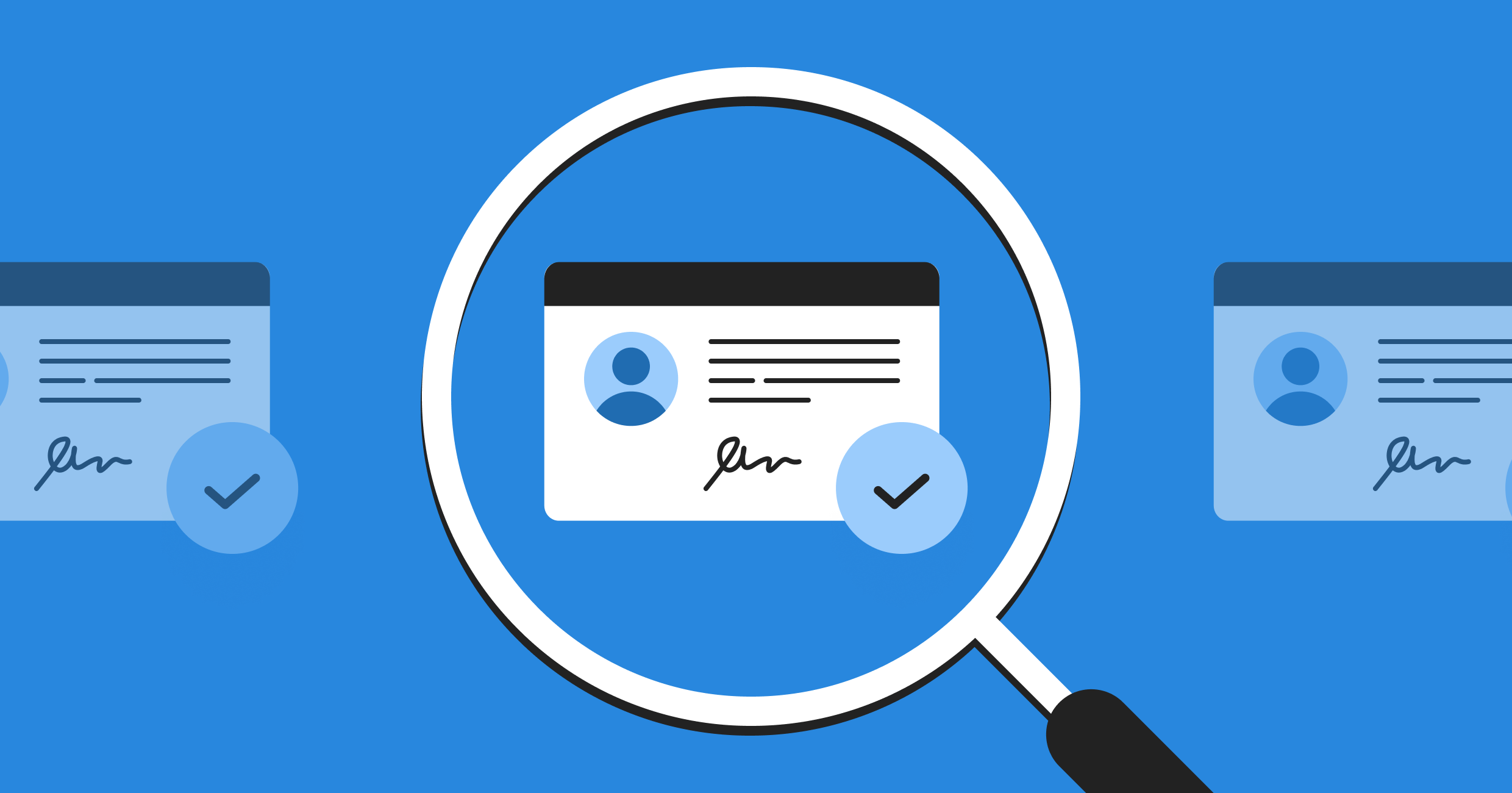Dock’s newest addition to the delegatable credentials feature now allows delegations to be publicly posted and searchable.
Since announcing our delegatable credentials feature in March 2021, the team at Dock has been working diligently to expand its capabilities. As discussed in the initial announcement, the first version of the feature provided the ability for an entity to delegate credential-issuing authority to another entity by issuing a verifiable credential (that serves as the proof of delegation) to the delegatee. In this version delegation was done in a private manner, with the details of delegation reflected only in the credential issued to the delegatee. This meant that, when the delegatee issued verifiable credentials to others on behalf of the delegator, the holders of these new credentials needed to bundle their credentials with the proof of delegation, and present these together when getting their credentials verified.
Our latest release, which we call Public Delegation, improves upon the existing feature by adding the following capabilities:
- Ability for delegators to publicly attest delegations by adding details of delegation to their DID documents on the Dock blockchain
- Ability for credential verifiers to search for delegation details publicly posted on DID documents using a crawler
These new capabilities remove the necessity for the credential holders to present the proof of delegation during the verification process, as verifiers can now search for and obtain the publicly posted delegation information.
To illustrate this in an example, let’s return to the scenario used in our previous delegatable credentials blog post: a government delegates credential-issuing authority to a private testing center, so that the latter can issue professional licenses to the individuals who qualify. With our updated delegatable credentials feature, the government has an option to include the details of the delegation on their DID document (which is publicly stored on the Dock network and describes the government’s decentralized identity (DID) on Dock) instead of issuing a verifiable credential (proof of delegation) to the testing center.
If the government does post the delegation details to the DID document, once the testing center issues verifiable credentials to the individuals who qualify, the holders of these new credentials no longer need to manage and present the proof of delegation as part of the verification process. Instead, the verifier can use the new crawler feature (which we call the “Curious Agent”) in our SDK to automatically seek out and fetch any delegation information on the DID documents associated with the credentials being verified, and determine whether the testing center has the proper authority to issue the credential on the government’s behalf. The result is a simplified credential management and verification experience.
You can learn more about the public delegation feature by reading our concepts document and tutorial. More technical details about the Curious Agent can be found here.

